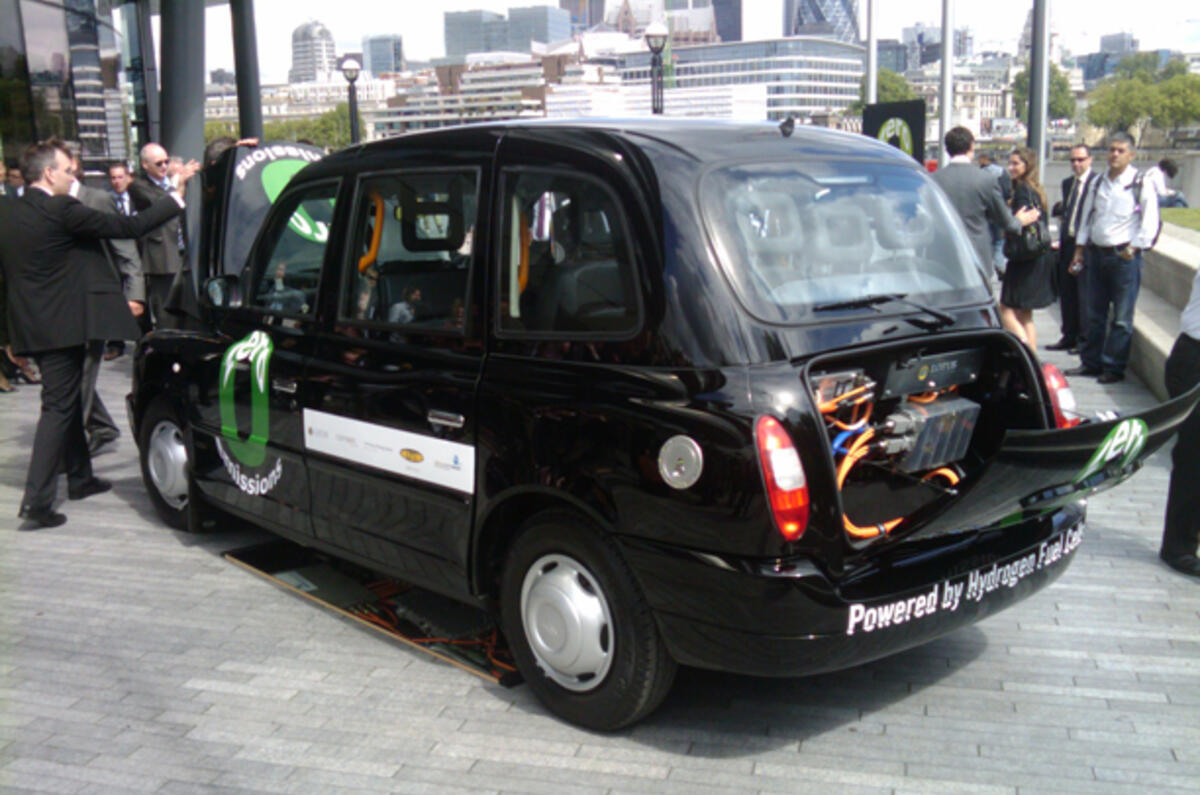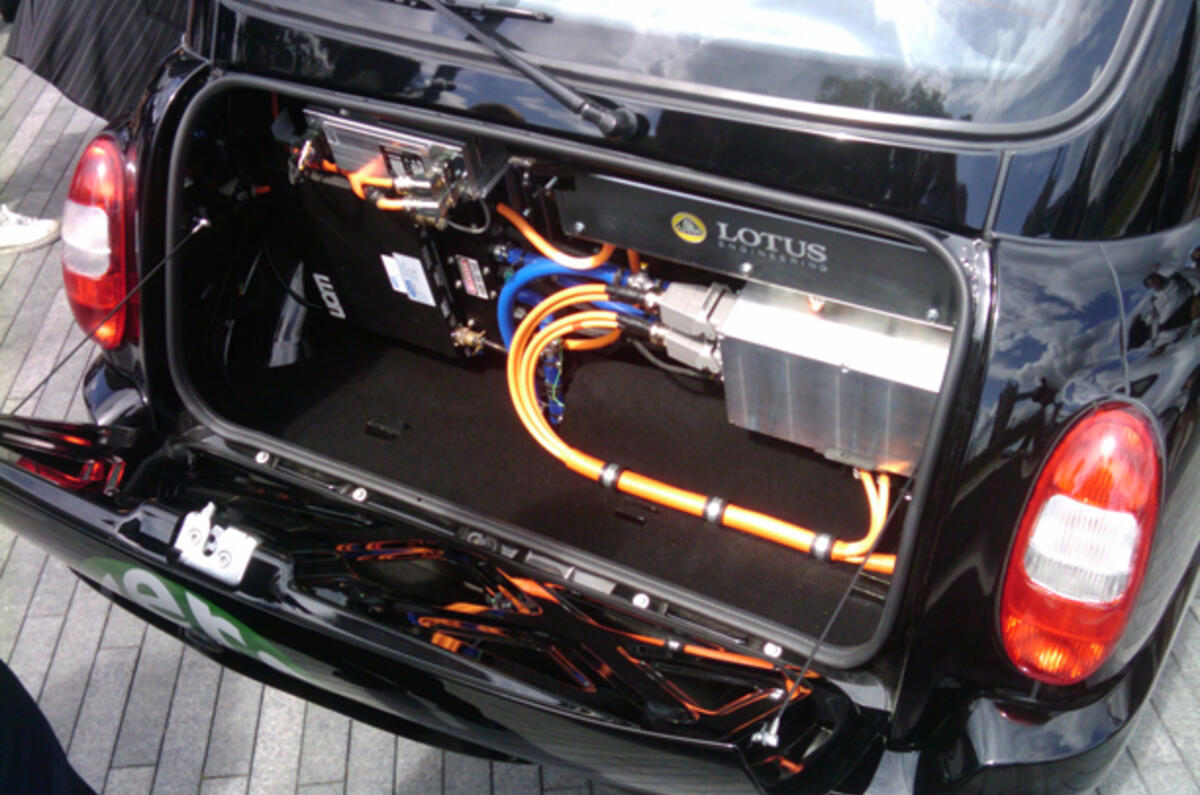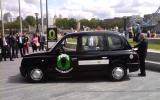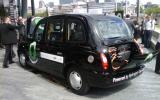A fleet of hydrogen fuel cell powered black cabs will be on London's roads by 2012 as part of plans to make the capital's taxis tailpipe emissions free by 2020.
A prototype Fuel Cell Hybrid London taxi has been unveiled at City Hall this morning and is the work of a consortium of companies, including Lotus Engineering. London is looking to clean up its air quality, much polluted by diesel fumes from taxis and buses, and this taxi is one of its first steps in tackling the problem.
Kit Malthouse, chair of London's hydrogen partnership, said pollution from black cabs needed to be addressed.
"The black cab is a much loved London icon, but it is also a significant source of pollution, especially in the city centre.
"This prototype Fuel Cell Black Cab, which emits only water from its tailpipe, is an exciting glimpse of how hydrogen technology could soon play a pivotal role in cleaning up air quality for urban dwellers."
The prototype is capable of a top speed of 80mph, has a range of 250miles and can be recharged in five minutes.
Officials from the project believe these figures are enough to cope with the daily as well as yearly stresses put on black cabs on London's streets, but concede that further funding, convincing drivers and creating a network of refueling points were all problems that needed to be addressed.
Just under £5.5 million funding has so far come from the Technology Strategy Board, and a fleet will be on London's roads by 2012 to showcase the technology in time for the Olympics.
The capital will also have five hydrogen buses on its roads later this year.














Join the debate
Add your comment
This is my first opportunity to visit this website.
I really appreciate the kind of topics you post here. Thanks for sharing information that is actually helpful. Good day! statics provider online
Re: London's 2012 hydrogen taxi plan
Re: London's 2012 hydrogen taxi plan
Sounds like pedantic semantics to me I'm afraid - in general parlance hybrid = combustion engine / electric and the very name implies it's something in between what we have and what we want - that is what the world needs - a polution free drive. I know all of the arguments ref how the hydrogen is produced and it's not a ZEV if the hydrogen production creates emissions.
I love cars guys - I love a big petrol engine - but they are not going to let us have them for ever. Well, we may be able to run them as classics, but for general use they are on their way out. And the same goes for petrol hybrids - because they may pollute less but they pollute. So - renewable (or nuclear - but that's another argument) power stations are the goal to give us power in the home - and possibly to split water into hydrogen and oxygen. The choice for vehicles is batteries - which I hate the thought of - keeping an Iphone charged is a pain! Or fuel cells - which are just as convenient as our cars of today given the infrastructure.